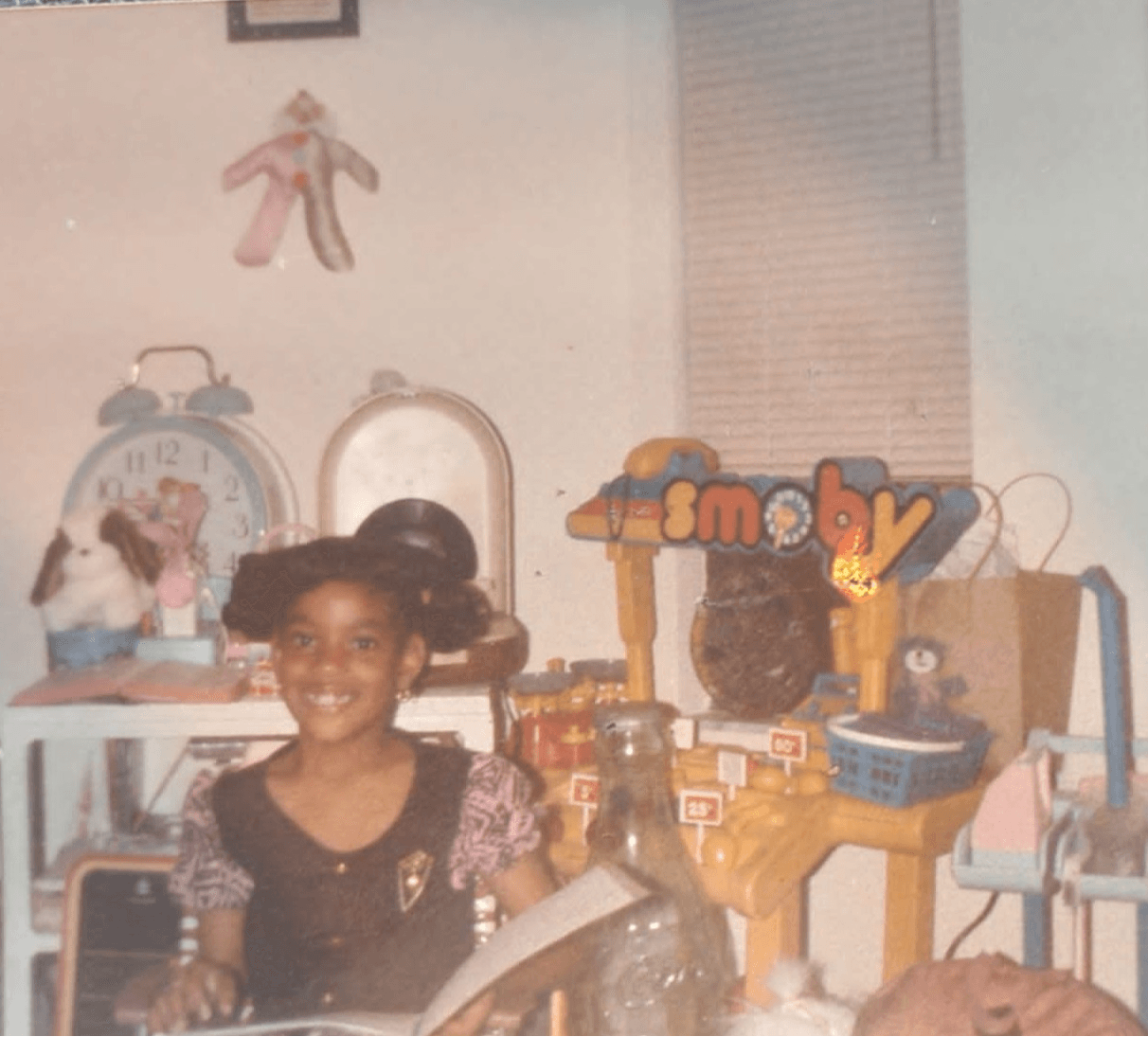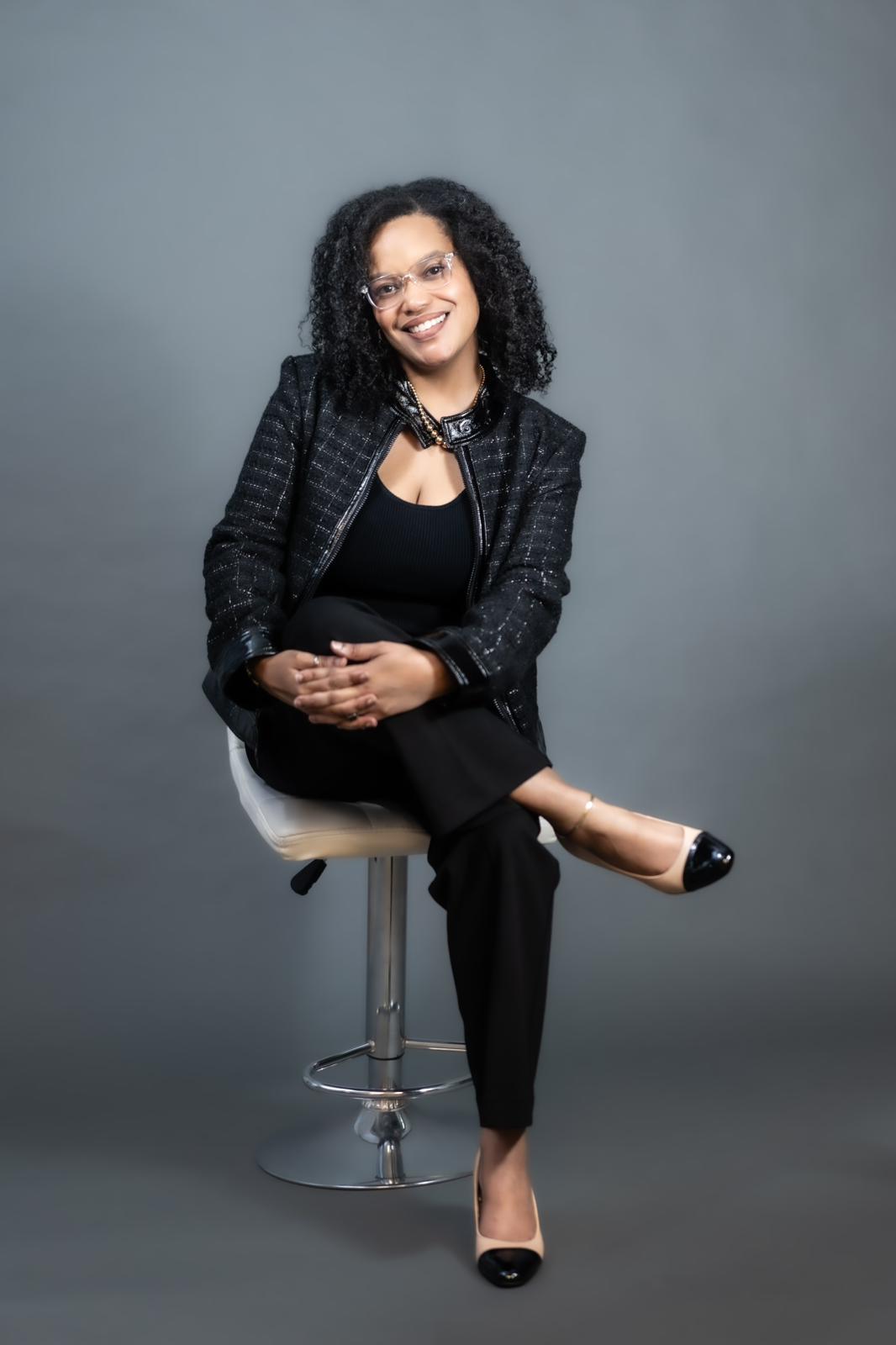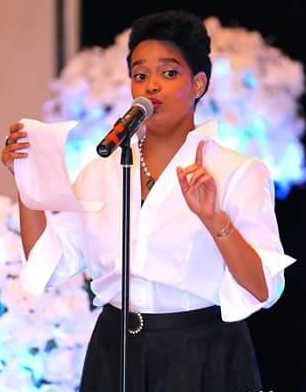Alright – so today we’ve got the honor of introducing you to Natasha Jean-Pierre. We think you’ll enjoy our conversation, we’ve shared it below.
Alright, Natasha thanks for taking the time to share your stories and insights with us today. Let’s jump to the end – what do you want to be remembered for?
Even as a child I have felt the press of life, knowing that time in this realm is steady. I’ve always felt like I may run out of time before I leave my mark. Now I know that it is in the sincere seemingly mundane moments that we leave our mark and every time our feet hit the ground, we are given another opportunity without pressure to seed, sun, or shower as each moment has need. If I can call myself poet and leave a work that will have life beyond me after I am gone then that is legacy. My hope would be that when I am gone people will say she was honest.
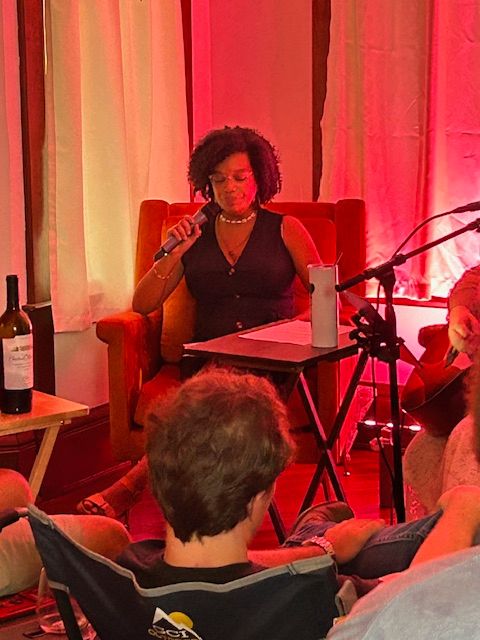
Natasha, love having you share your insights with us. Before we ask you more questions, maybe you can take a moment to introduce yourself to our readers who might have missed our earlier conversations?
In second grade, I “borrowed” a book idea from my first-grade experience at a previous school I attended. I went to three different elementary schools before landing at the elementary school where I would wrap up second grade and later graduate 5th grade. Starting a new school in the middle of second grade presented its challenges. One major challenge was that Mrs. Smith didn’t like me. That was until second graders were given a creative writing assignment to create a book with illustrations. Princess and Prince stories were flying around like love bugs in late spring, but I knew of a story concept that was a hit…and out of survival mode, I reached for a title and concept that had proven successful from another kid just last year in first grade. I presented the story about a talking Peanut and instantly my relationship with Mrs. Smith was healed. Before anyone judges 8-year-old me, how may renditions of ANY children’s book exist? The Three Little Pigs anyone?
I was no longer the new girl that sneezed too loudly and needed extra support to catch up to where the rest of Mrs. Smith’s class was. I was no longer an interruption. Instead, I was creative and imaginative. Together, Mrs. Smith and I worked through the Peanut’s adventures, and I completed the illustrations. My book landed me a spot on the bus to attend a writers’ workshop in a major city. Attending this workshop in second grade, working with authors, and completing writing exercises felt right, despite how I was wronged by my big sister and the hairdo she created for me on my big day. The hairdo was likely Karma for the duplicitous yet fate-filled way I arrived at the writing workshop that would later thrust me into elementary-writing fame.
After the workshop, I continued to write, using the pattern of giving life to inanimate objects. The short story about Vegetables having a bar fight really sealed my fate as a creative writer. My name, as author, and my work, as fiction short story, was often mentioned in the morning announcements over the intercom.
In third grade, I later discovered journaling and poetry fueled by disdain. For as long as I remember, writing has always been a tool I’ve instinctively relied on for survival. Writing has been a safe space to get out what is hurting or distracting me. A chance to get out of my head and accidentally or intentionally create. And at times, writing has been a way to build a bridge.
These days, I share Spoken Word at events and in the last couple of years have been facilitating writing workshops through Arts and Health Ocala Metro, a non-profit organization in Ocala, FL that uses art to promote health and well-being throughout the community. Fresh paper and sharpened pencils have always proven medicinal for me, and I am blessed to be able to reignite the fuel for writers who need fresh encouragement to blow the dust off their journals or introduce a new tool to someone who may be struggling with the insistent buzz that life can bring.
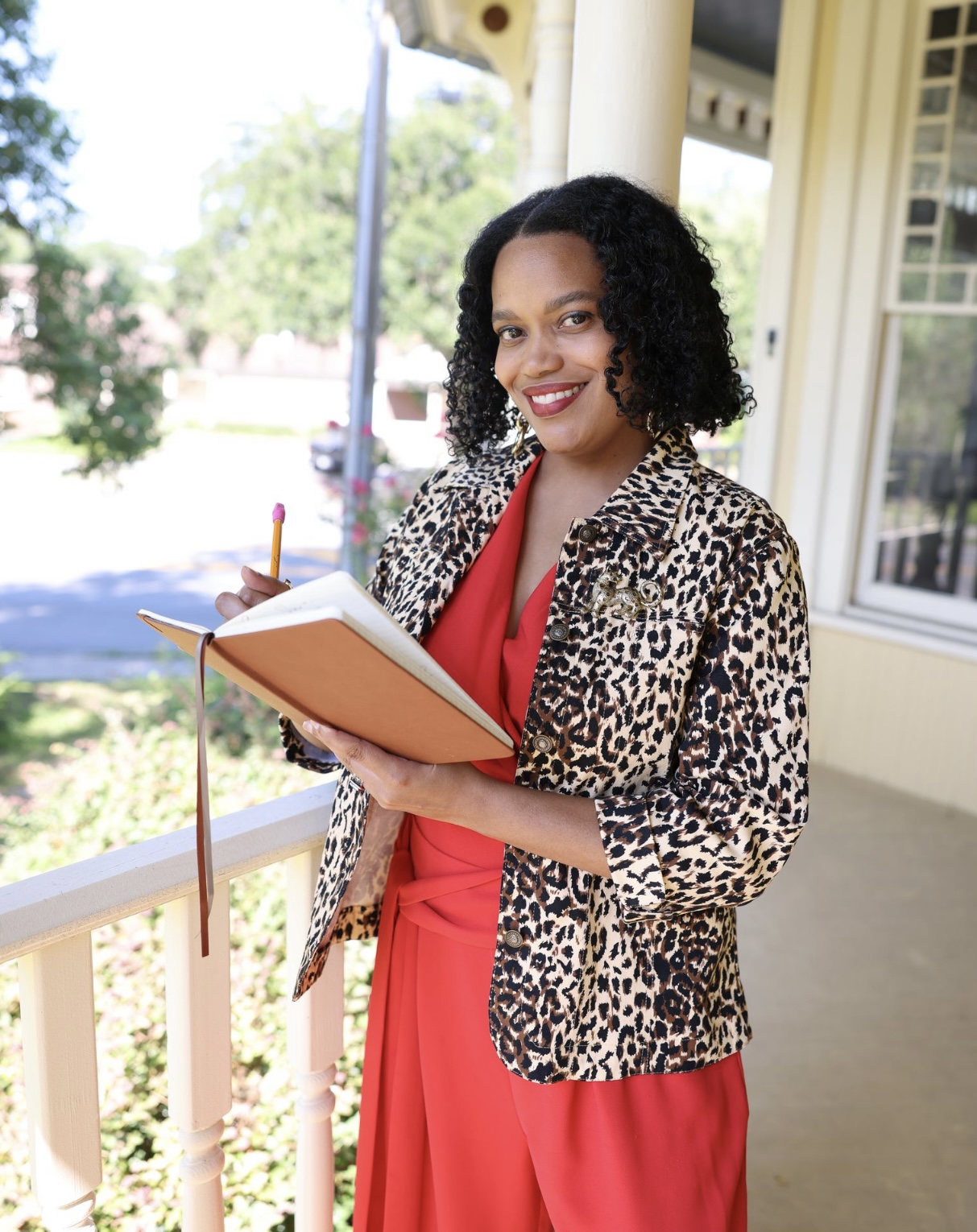
What’s the most rewarding aspect of being a creative in your experience?
The most rewarding part of being a creative is knowing that creating is the one thing I must do. I feel better when I create and even if the piece is not about me it is still about me because the literary work had to work through me to have life. Nothing I create is apart from me so my work can teach me who I am in this world. Art can recount the past and offer hope or warning regarding the future, but I think my favorite pieces come from genuinely being in the present.
When I share my work with others, moments before, I almost always wonder if “they” will “get” it never to forget so much of “getting it” is interpretation and interpretation comes from perspective and perspective is formed by experiencing life and as humans we all have different yet similar experiences. It seems like with art we more willingly and instinctively look for that connective thread that connects us all together and sometimes art makes the connective thread easier to find.
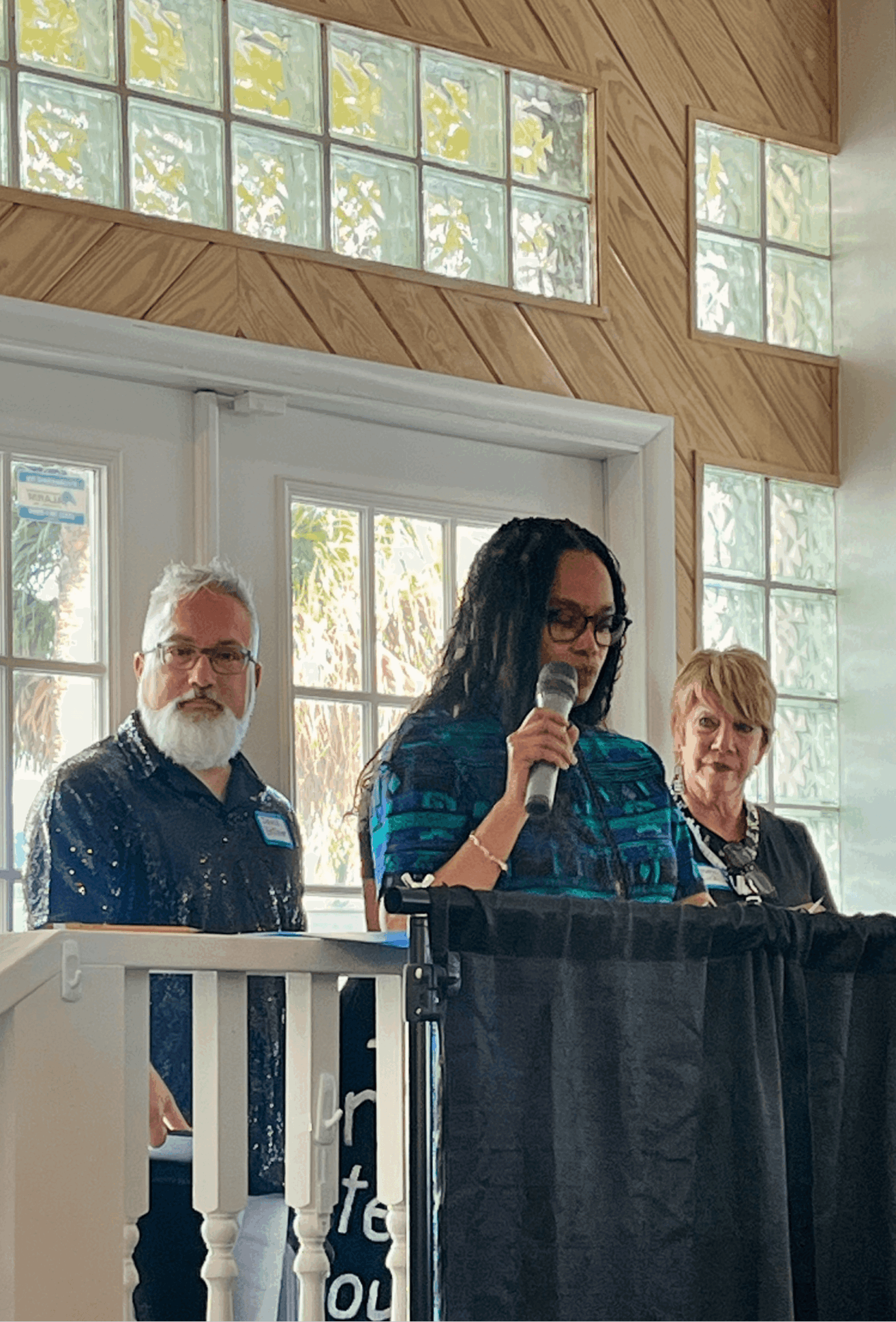
What’s the most rewarding aspect of being a creative in your experience?
Initially it was all about me. Me surviving. And because writing came to me, I treated it as if it were mine. My way to express, release, and create. Sharing Spoken Word and facilitating workshops have allowed me to witness a mission outside of my personal introspection and journey and start thinking in terms of community. As my reach as a literary artist continues to grow, I want to help people explore and respect the value of their voice, story, and creative contribution.
